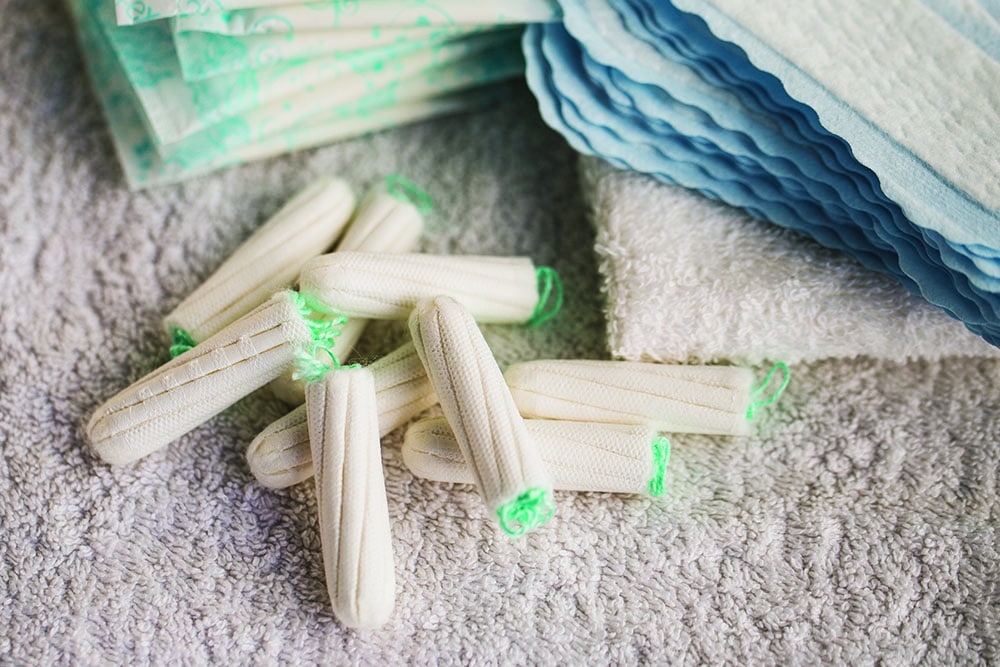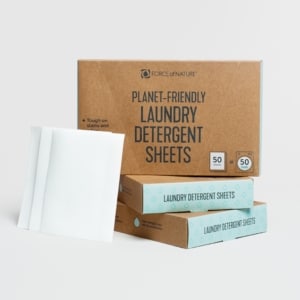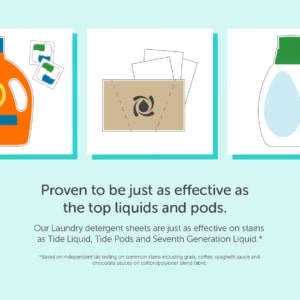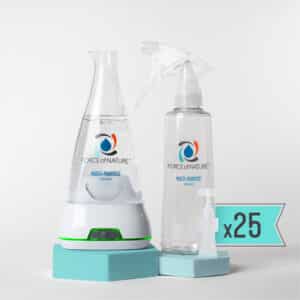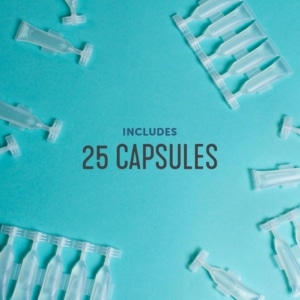It’s an unfortunate reality that many products designed to meet our most basic needs are composed of hazardous and toxic products that can adversely affect our health. Case in point: period supplies. Searching for non-toxic and natural substitutes for eyeshadow and finger paint is one thing, but feminine products are not optional or “nice to have” items. They’re necessities and many of them are made of materials and treatments that are not safe for our bodies.
Considering women spend $3 billion annually on period supplies, it’s fair to say we have the right to safer, better products. We’ve put together this guide on non-toxic tampons (and other non-toxic feminine products, too) to help you make safer choices and support great companies who are looking out for women’s health.
What’s so bad about conventional period supplies?
Conventional period products can contain toxic materials and chemicals. Because they sit against your skin, these chemicals can be absorbed by your skin and enter your bloodstream, where they can lead to issues like hormone disruption, cancers, infertility and birth defects. Manufacturers are not required to disclose the ingredients in tampons and sanitary pads, so it’s hard to know if a product is safe unless you seek out a brand who is committed to transparency. If you’re wondering why there hasn’t been some better safety testing done, there’s a bill for that! The Tampon Safety Research Act of 1999 has been languishing in Congress for 11 years.
Top 3 Things To Avoid for Safer, Non-Toxic Tampons & Period Supplies
1. Fragrance
Always choose unscented products! Fragrance is considered to be a trade secret. This means manufacturers are not required to disclose the ingredients within their fragrance formulas, making it impossible to know if you’re exposing yourself to harmful chemicals – like phthalates, toxic compounds associated with health risks like cancer and birth defects, which are often undisclosed on labels and hidden under the term “fragrance.”
2. Synthetic Materials
Always look for 100% organic cotton tampons and sanitary pads. Even conventional cotton can’t be trusted, as more pesticides are used for cotton than any other crop. 70% of conventional cotton has been treated with pesticides, which can then be absorbed into your bloodstream.
You might be surprised to know that most tampons and sanitary napkins aren’t even made of cotton – they’re composed of fillers like rayon and viscose, which are fabricated wood pulp products. That may sound nice and earth-friendly, but it’s actually not good. Rayon and viscose are highly absorbent and the fibers can remain stuck to your body even after you’ve disposed of the pad or tampon. They’ve also been treated with bleach, exposing you to dioxin. Dioxin is linked to abnormal cell growth, hormone disruption, and immune system suppression.
According to Dr. Philip Tierno, a leading expert on the health risk of tampons:
“Even trace amounts of dioxin are cause for concern because tampons come in contact with vaginal tissue, which is covered in permeable, mucous membranes leading directly to the reproductive organs. In addition, based on an average woman’s menstrual cycles, about 12,000 tampons per lifetime is possible. The cumulative effects would, therefore, be considerable and possibly measurable for many years.”
3. Plastic Applicators and Materials
Get this: conventional sanitary pads are 90% plastic. Not only is plastic harmful on its own, and terrible for the environment, but it also prohibits airflow, creating an environment for bacteria to form. While it might seem like a small concern given how long your body comes into contact with plastic applicators or liners because the tissue is so delicate, it readily absorbs chemicals and they can more easily build up in your body over time.
Options for Safer Period Supplies
There are some great brands that are working to help make safer, natural feminine products.
Organic 100% cotton tampons and pads
Lola will send you a customized box of tampons and/or sanitary napkins in your chosen absorbencies. Lola uses 100% organic cotton for their non-toxic tampons and pads, and you can sign up for a subscription so they show up in time.
Seventh Generation offers non-toxic tampons, pads, and panty liners made of organic cotton that are chlorine-free with no added fragrances and deodorants.
Organyc offers natural tampons, pads, maternity products, panty liners, and more made of 100% organic cotton.
Cups and Discs
Menstrual cups are nothing new, but many women haven’t considered trying one. It is something that may take a little trial and error, but many women say they would never go back! Another perk of cups: they last for years, which is great for our planet.
There’s a lot to consider in this category, so start with this great roundup of options to consider, and here are a couple of products that rose to the top in our research.
The Diva Cup is made from durable, top quality, medical-grade silicone that is latex-free and is beloved by over 10,000 reviewers for being comfortable and easy to use.
Ziggy Cup and Nix are reusable silicone menstrual discs, which are different than menstrual cups as they sit higher up, where you can’t feel it. They each offer 12 hours of protection and the companies offer text support and tons of videos to help you get comfortable with using it.
Learn More
If you add up all the days, women spend 10 years of their lives menstruating. Having safe products is critical! Research and experiment until you find the right non-toxic tampon or period product for you. As always, we at Force of Nature are here to help in any way we can with our family-friendly, EPA-registered disinfectant and cleaning system. From treating laundry stains to getting the stink out of your yoga gear, we’re here to help you every day of the month.
